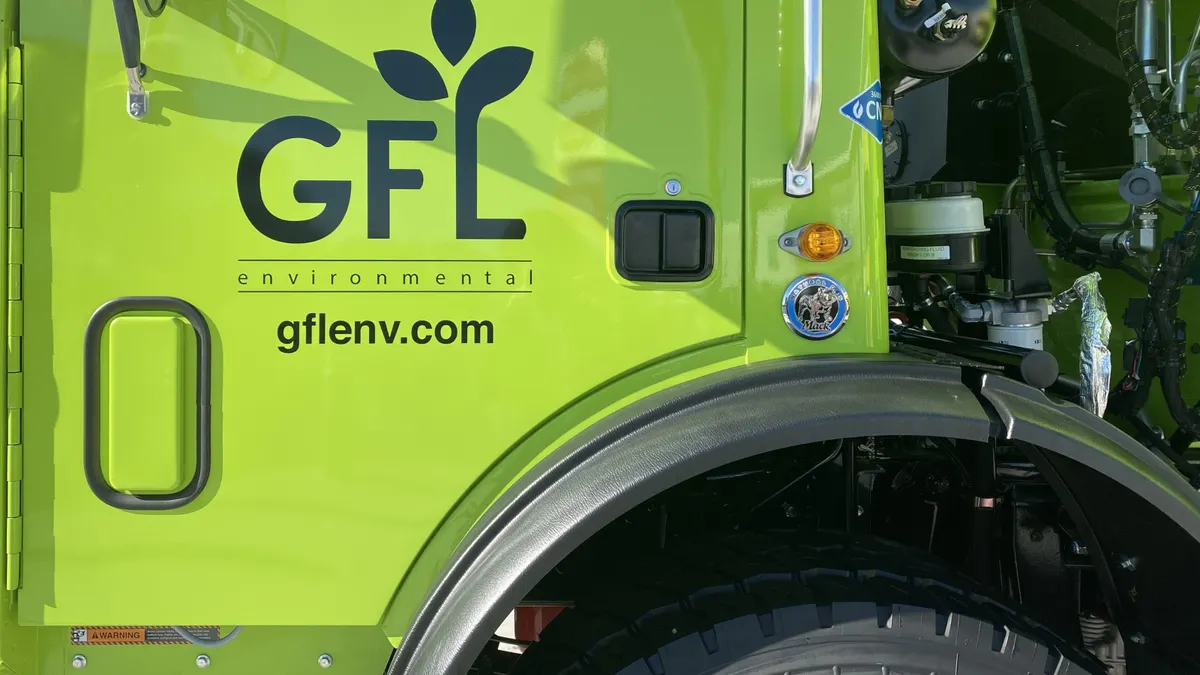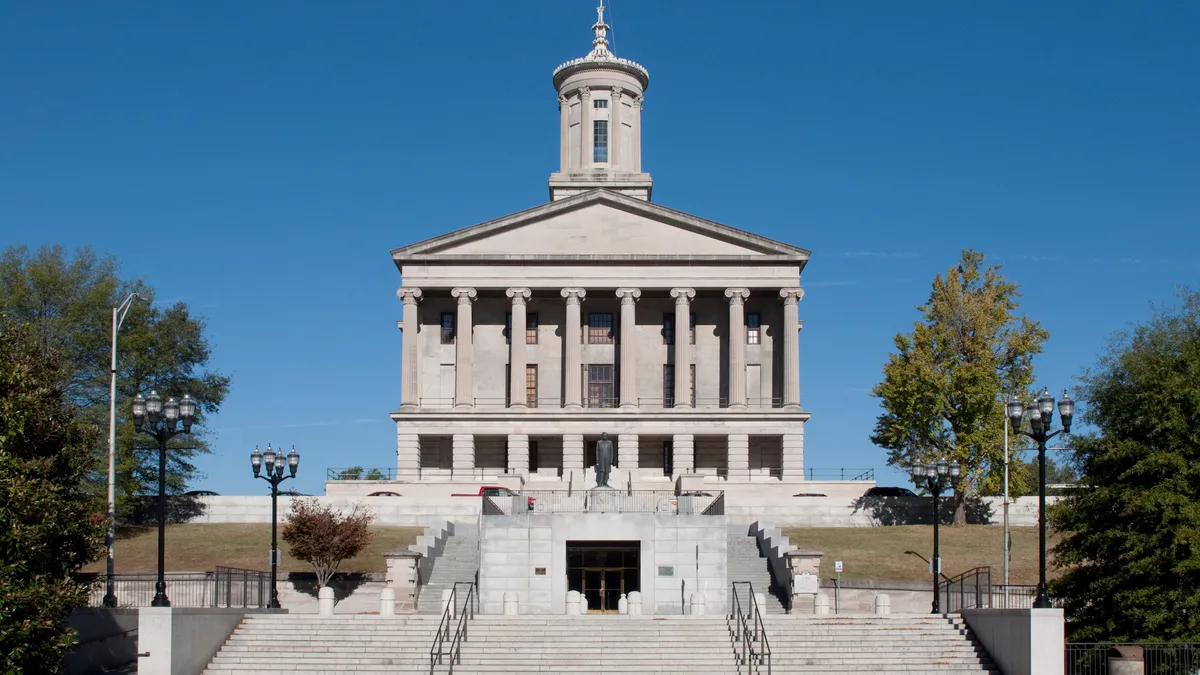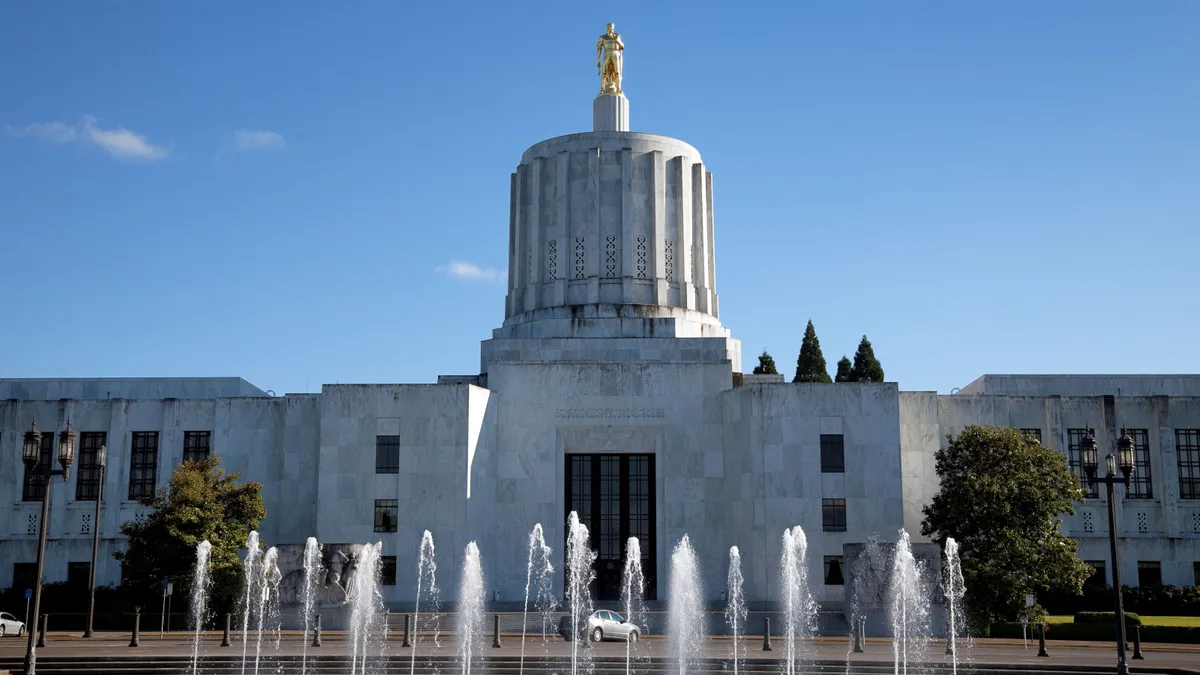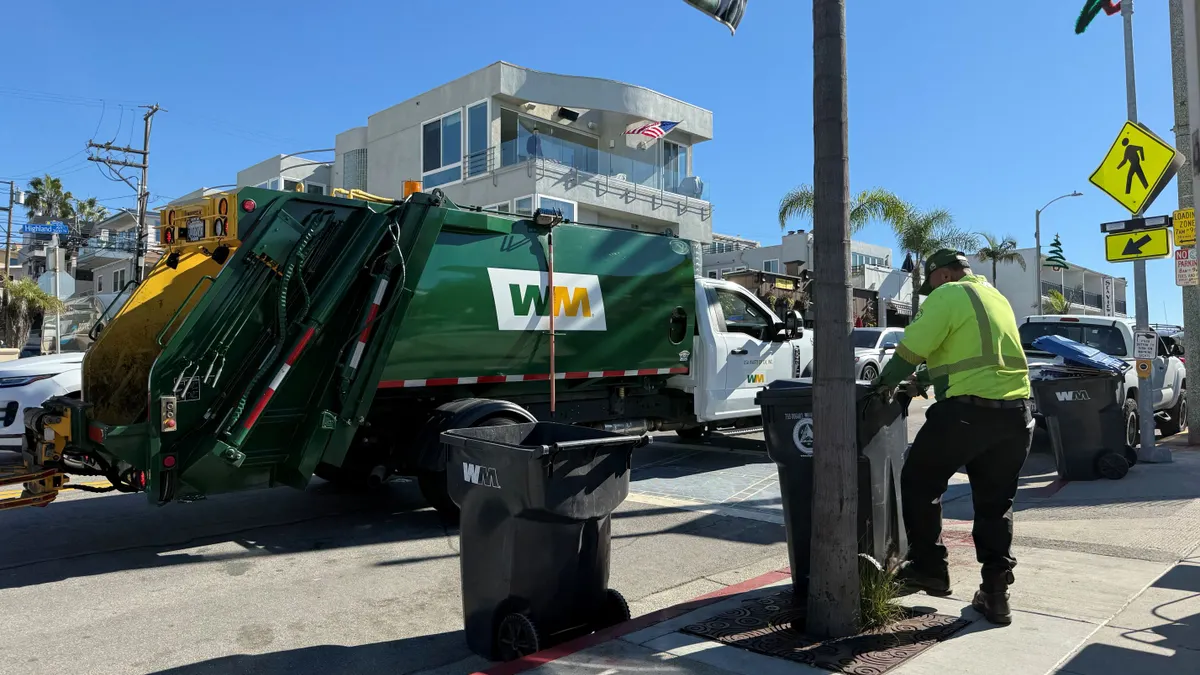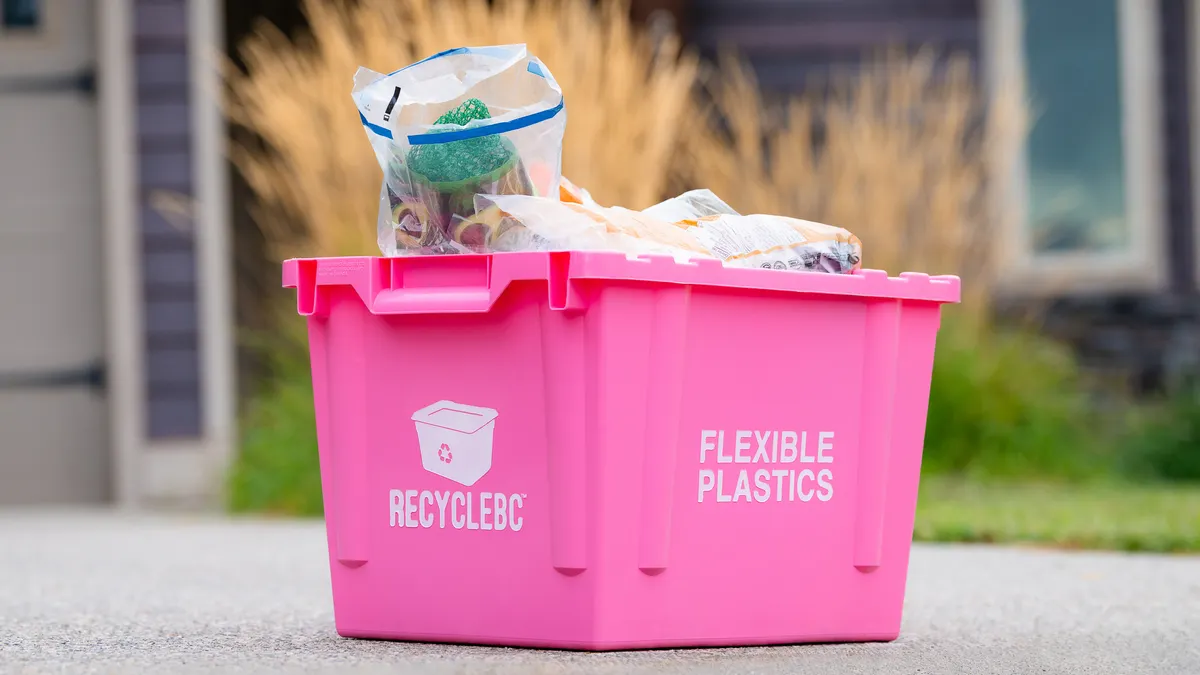California lawmakers took action on just a few waste and recycling-related bills this year, choosing to move several matters to next year’s session.
California’s session ended on Sept. 12. A bill expanding composting regulations for certain farmers has passed, but a bill related to recycling marine flares is now a two-year bill. Meanwhile, a bill related to tax exemptions for certain Chiquita Canyon landfill compensation payments was folded into a state budget bill.
Here’s a recap of some of the relevant bills from the session:
Expanded composting capacity bill heads to governor’s desk
Lawmakers passed SB 279, a bill that aims to expand composting capacity for certain farmers, growers and community composters. The bill is now headed to Gov. Gavin Newsom’s desk for signature.
If signed, certain growers will be able to compost large amounts of agricultural material on-site without needing to comply with regulations usually required for large-scale composting operations.
SB 279 would allow growers to have up to 500 cubic yards of feedstock and compost on site at any one time, and certain farms and growers would be able to give away or sell up to 5,000 cubic yards of compost each year without raising the regulatory tier needed to carry out those composting activities.
Bill supporter Californians Against Waste says the state has a shortage of composting facilities, “making it even more challenging for farmers and wine grape growers to dispose of their green waste,” the group said in a news release. The state needs between 50 to 100 additional organic waste recycling facilities to meet current demand, the group says, citing CalRecycle data.
Creating an even bigger challenge, bill supporters say, is a new law in the state that restricts California growers from using open burning to manage agricultural byproducts, such as when they remove an orchard or vineyard. That new law means growers must send large amounts of organics to offsite composting facilities, which bill sponsors say are sometimes hundreds of miles away.
The bill is also meant to help growers meet the state’s organics diversion goals set in SB 1383, a wide-ranging bill passed in 2016 that requires numerous jurisdictions in the state to curb how much organic waste ends up in landfills.
The bill also allows community composting, urban farms, and school farms to compost up to 200 cubic yards of green waste, and up to 500 cubic yards for publicly owned compost activities. Those volumes were both previously capped at 100 cubic yards, CAW said.
“We welcome legislation that proposes to increase the volume limit for community composting activities that are excluded from state facility permitting processes,” said Kourtnii Brown, CEO and co-founder of California Alliance for Community Composting, a bill supporter. “This will enhance opportunities for cities, towns, rural counties, and now also public agencies to maximize their local composting capacity and create healthy compost closer to where the organic resources are generated and used, like at public parks and local farms.”
Chiquita Canyon compensation
Some residents living near the Chiquita Canyon landfill in Castiac, California, have received compensation related to ongoing odor issues at the landfill. Those residents may be able to exclude those funds from their taxes under the state’s tax budget trailer bill, which passed in July.
Assemblymember Pilar Schiavo had previously advocated for that tax exemption under a separate bill, AB 27, but progress on that bill later halted after language from AB 27 was instead folded into the budget bill.
Residents nearby the landfill have long complained that odors impacted their health and quality of life. Waste Connections, which operates Chiquita Canyon, issued reimbursement payments to those impacted by the odor complaints through its Community Relief Program. It has offered payments between $1,000 to $2,000 per household to cover mitigation expenses, according to a bill summary. Chiquita Canyon closed at the beginning of 2025.
Those reimbursement payments were considered taxable income because the odor issue was not declared a disaster by the U.S. president or a state of emergency by California’s governor.
AB 27 did not have recorded opposition. Supporters argued that a tax exemption is necessary because some residents were afraid to accept compensation in case it changed their tax bracket or prevented them from accessing other state services tied to income level, such as food assistance.
Schiavo noted in a blog post that residents may be able to exempt most Chiquita Canyon-related compensation, starting with tax year 2024 and going through 2029.
Separate from the bill, Waste Connections is facing several lawsuits related to the odor issues, including one partly related to compensation payments for nearby residents.
Marine flare stewardship bill becomes a two-year bill
A bill meant to create a stewardship program for expired marine flares will become a two-year bill. SB 561 would require manufacturers of marine flares to establish and operate a convenient collection system for expired or unwanted flares. The bill is meant to help avoid stockpiling or improper disposal of expired flares, which bill supporters say can cause fires and injuries.
Bill supporters National Stewardship Action Council and Zero Waste Sonoma said in an email that the move to a two-year process will give organizers “more time to investigate and negotiate the most cost-effective solution.”
The bill had broad support from numerous waste and recycling organizations, but faced opposition from Orion, a flare manufacturer, and the National Marine Manufacturers Association.
A previous version of the bill, passed in 2024, was vetoed by Newsom. He noted that he supported the idea but felt the bill “lacks a comprehensive program scope to effectively achieve the goal of protecting human and environmental health” and said the proposed program wouldn’t cover essential costs or provide effective enforcement.
Two other recycling-related bills were also converted into two-year bills earlier this year. SB 501 would create a stewardship program for household hazardous waste, while AB 762 would ban disposable vapes.









